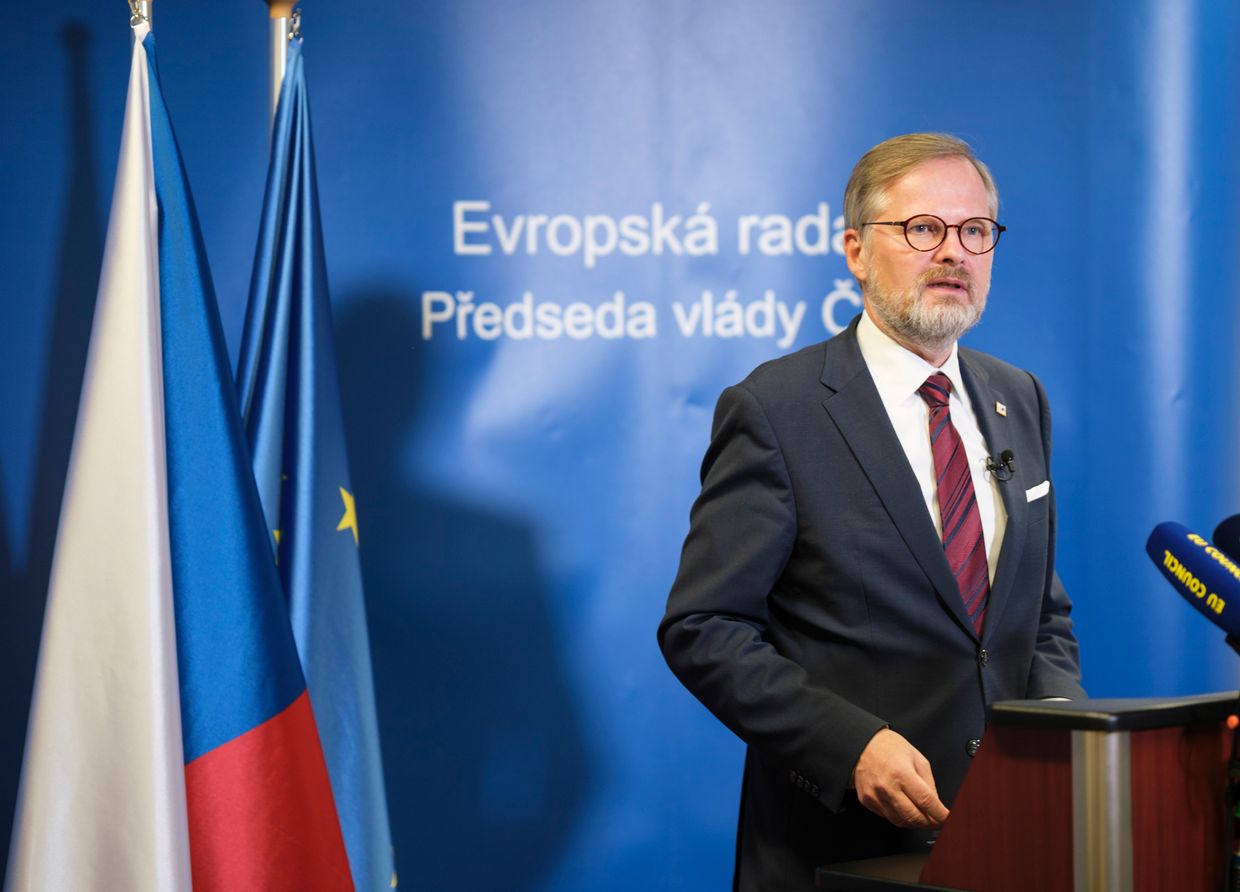Russian propaganda sought to cast Medvedchuk as Zelensky's replacement, WP reports

A Russian propaganda operation was meant to present pro-Kremlin oligarch Viktor Medvedchuk to the international public as a potential replacement for President Volodymyr Zelensky, the Washington Post (WP) reported on June 3, citing undisclosed officials and documents.
The outlet linked the campaign to the Voice of Europe website, identified by European authorities as a tool of Russian propaganda and influence in the EU, and to The Other Ukraine project, a Russia-based disinformation platform that was meant to present itself as a "Ukrainian government in exile."
Medvedchuk, who was long thought to be Russian President Vladimir Putin's right-hand man in Ukraine, was detained and exchanged with Russia in a prisoner swap in 2022.
The former Ukrainian politician was then reportedly involved in a number of pro-Kremlin disinformation and propaganda operations aimed both against Ukraine and Western countries.
In January 2023, the Kremlin's first deputy chief of staff, Sergei Kiriyenko, oversaw the launch of The Other Ukraine project, which was meant to promote Medvedchuk as the head of the "exile government," the WP reported.
The platform has been reiterating common propaganda points, accusing Ukraine of "satanism" and "Nazism" while presenting itself as a "party of peace."
Voice of Europe, reportedly established as a pro-Russian propaganda network in Prague in March of that year, was initially connected to Kiriyenko's operation, according to the WP.
Prague revealed back in March 2024 that Medvedchuk was overseeing the operations of Voice of Europe, which was reportedly used to disseminate pro-Moscow narratives and pay Kremlin-friendly politicians in the EU.
The goals of these operations included presenting Medvedchuk as a viable replacement for Zelensky and "an alternative to possible nuclear war" in the eyes of European opinion leaders but also to boost Medvedchuk's support within Ukraine itself, the WP wrote.
Medvedchuk has been sanctioned by Ukraine, the U.K., the U.S., the EU, and other countries. Czechia's crackdown led to investigations of Russian influence across Europe and implicated several politicians, namely in the far-right Alternative for Germany (AfD) party, in allegedly receiving money from Russia.











